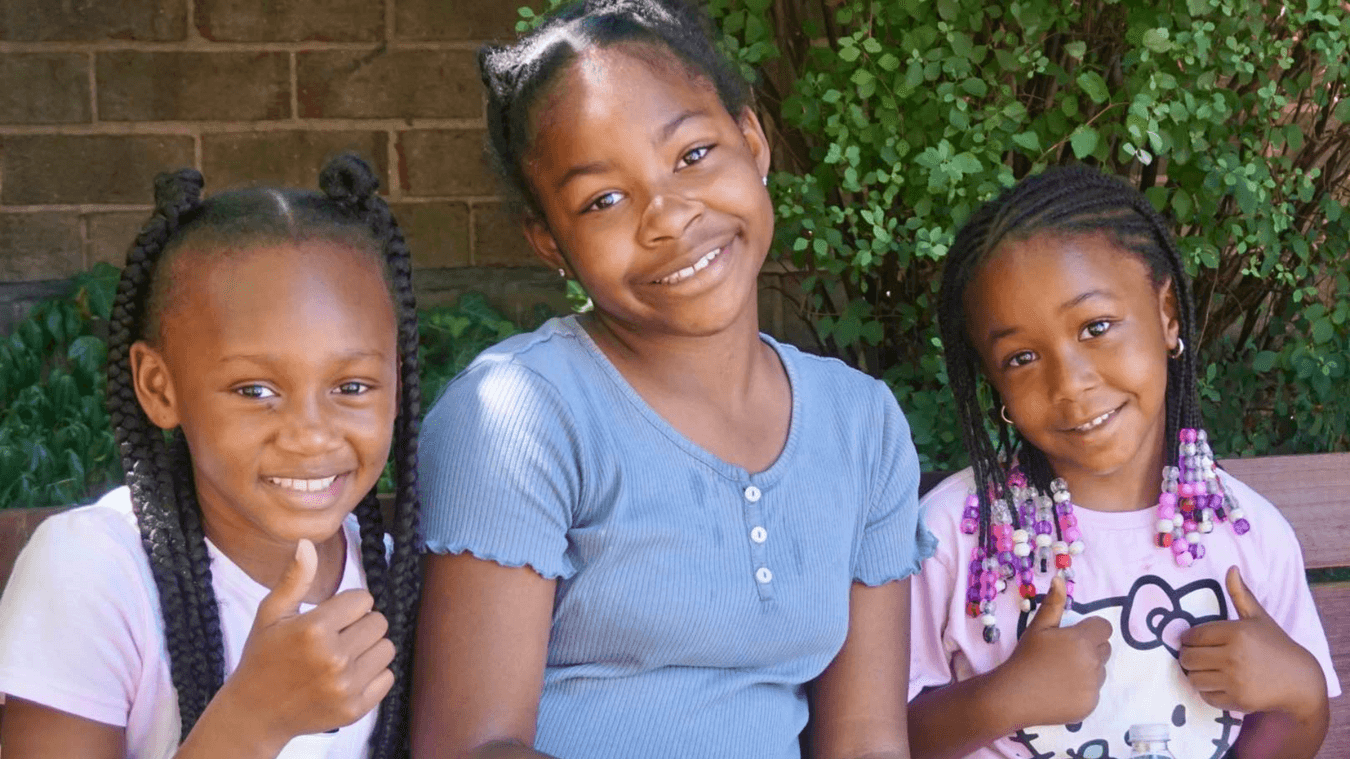DC Council Committee on Human Services Budget Hearing
Testimony of the Homeless Children’s Playtime Project
March 31, 2022
Good morning Councilmembers,
My name is Allan Rogers, advocacy director for Homeless Children's Playtime Project, an organization that protects a child’s right to play by providing safe and fun play spaces and programs for children where they live. Through transformative play experiences, we aim to cultivate resilience in children experiencing family homelessness.
Over 19 years, approximately 8,000 children at 15 shelter sites have experienced more stress relief, joy, teamwork, and skill-building through play because of Playtime. We served over 300 children in 2021, expanding to community-based sites like J.C. Nalle Elementary School and local housing organizations. We provide hundreds of play kits to children entering the homeless services system at Virginia Williams Family Resource Center to make sure children can keep playing.
Children and youth experiencing family homelessness in the District are more likely to enter adulthood without the advantage of a high school diploma: 49% do not graduate from high school, making them 4.5 times more likely to experience homelessness as young adults. We know children experiencing family homelessness are more likely to become youth experiencing homelessness and then adults experiencing homelessness. Therefore, it’s critical that we invest in preventative services for children throughout the homeless services continuum.
This council’s investment in more permanent housing opportunities for families is encouraging, but significant additional investments in permanent housing solutions for families are desperately needed. As record numbers of homeless families are placed in apartments with temporary Rapid Rehousing (RRH) rent subsidies, we are concerned that the overwhelming majority of families will not be able to retain their housing, with incomes only rising by 2.5-4% at exit. Families clearly need longer-term vouchers. The RRH program has grown by 1,200 families to 3,300 families since the beginning of the pandemic. One of the primary goals of the program is to “achieve stability in permanent housing.” Case management resources can and should be directed toward the stability and wellbeing of children and youth.
We want to make sure that we do all we can to build a city where no child who has experienced homelessness faces it again in their lifetime. This will require a shift in philosophy to focus on prevention. It will require us to see children as individuals worthy of investments that connect them to evidence-based services and supports that help them thrive. It will require a focus beyond housing to include a two-generation approach, which means supporting the whole family. Measuring and accounting for outcomes for both children and parents are the heart of true two-generation programs.
The Playtime Project has long called for more comprehensive needs assessments that include the multi-dimensional needs of children and youth. This is important to connect families with the education, mental health, life skills, developmental and physical health resources they need upon entering the front door of the homeless services system. RRH case management providers should prioritize increasing the stability and wellbeing of children and youth, which is essential.
We recommend the RRH case management model be strengthened to:
- Reduce ratios of families to case managers to decrease 90-day wait for services to begin and ensure realistic workloads and deliverables
- Review salary structure and hiring practices to ensure pay equity
- Learn from stand-out contractors who are investing their own resources to supplement city contracts
- Require and provide evidence-based programs proven to boost family income in provider contracts, for example financial literacy
- Provide more data and transparency on outcomes for children and families to ensure we are doing all we can to invest in child wellbeing and family stability
The requirement to simply “place eyes on children” once a month is not enough to ensure child wellbeing or to legitimately call RRH a two-generation model. One RRH provider that goes above and beyond this requirement asks their case managers to have a conversation with the children once a month to hear for themselves how they are doing, and then act on that assessment. They learned recently from these conversations some challenges and struggles the children were having and are now initiating a group therapy program to provide clinical support to children in the program. This provider finds that most families want more case management support, not less. Essential services that supplement are critical to the success of their families in the program.
Thank you for your consideration and let's continue the fight to create a city where children currently experiencing housing instability do not have to be homeless when they grow up.

